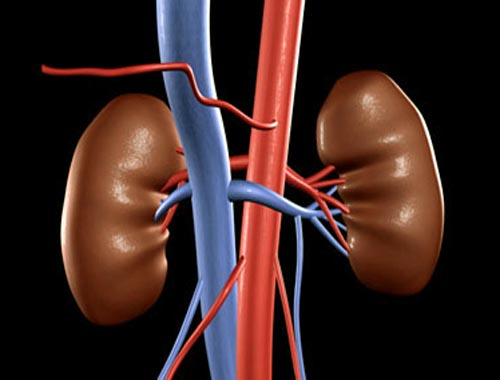DDxHub Differential Diagnosis Hub medicine
 Published: 2 Apr 2024
Published: 2 Apr 2024

So, the tests your surgeon orders may be different from the tests described here, or you may have more tests than the average patient. Pre-surgery testing is very individualized.
For example, plastic surgeons may test for nicotine prior to surgery. These tests range from body scans to blood tests, from the invasive to the barely noticeable.
Every surgery is different, just as every patient is different. This is because smoking and other types of nicotine use are known to increase scarring and delay wound healing.1 If you test positive for nicotine prior to plastic surgery, the surgeon may not perform the procedure.
Additionally, calcium aids in regular blood clotting.
Carbon dioxide: Normal range is 23 to 29 mmol/L. This is a measurement of the fluid balance in your body.
Creatinine: Normal range is 0.8 to 1.2 mg/dL (70.72 to 106.08 �mol/L). This mineral is essential for ensuring that blood, tissues, and cells have adequate water to function properly.
Blood urea nitrogen: Normal range is 6 to 20 mg/dL (2.14 to 7.14 mmol/L). The health of cells is greatly influenced by this mineral.
Sodium: Normal range is 136 to 144 mEq/L (136 to 144 mmol/L). Blood sugar, or glucose, is an important source of energy for your body, but having too much or too little of it can cause problems.
Potassium: Normal range is 3.7 to 5.2 mEq/L (3.7 to 5.2 mmol/L). This is another byproduct of renal function that demonstrates the health of your kidneys.Before this test, you might need to fast for up to 12 hours.
BMP includes:
Calcium: Normal range is 8.5 to 10.2 mg/dL (2.13 to 2.55 mmol/L). Your kidneys produce this naturally, and the amount you have can tell you how well they're working.
Glucose: Normal range is 64 to 100 mg/dL (3.55 to 5.55 mmol/L). Your cells require calcium to function properly. BMP assists your doctor in making diagnoses, aiding in normal health screenings, or monitoring the effects of drugs you are taking, such as those for high blood pressure. This can serve as a measure of the health of your kidneys and lungs.
Chloride: Normal range is 96 to 106 mmol/L. Basic metabolic panel evaluates blood urea nitrogen, glucose, sodium, potassium, calcium, chloride, carbon dioxide, and creatinine, which can help determine renal function, electrolyte balance, and fluid balance.